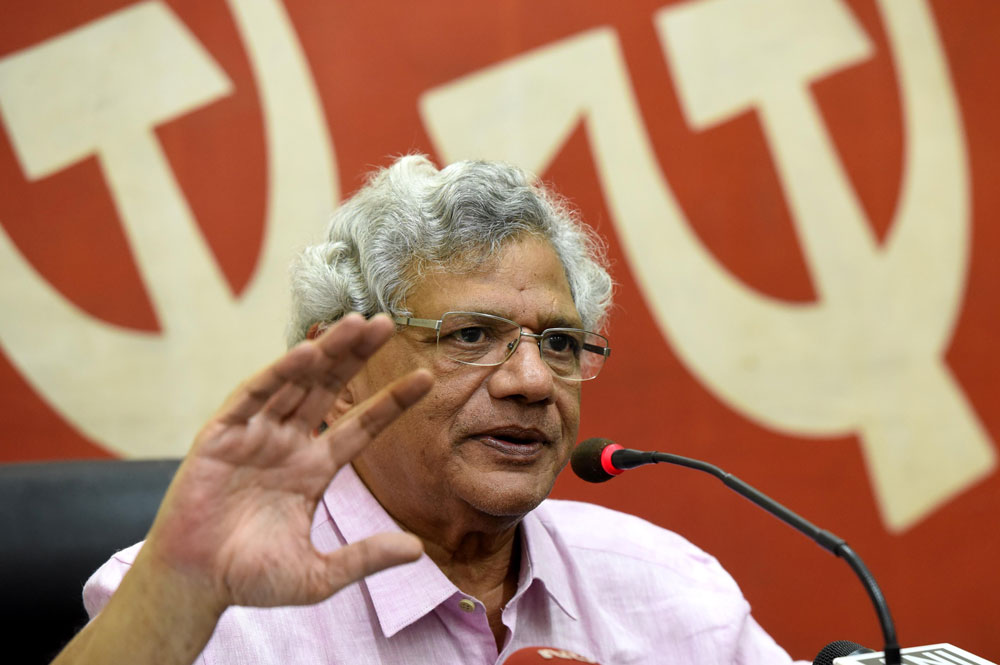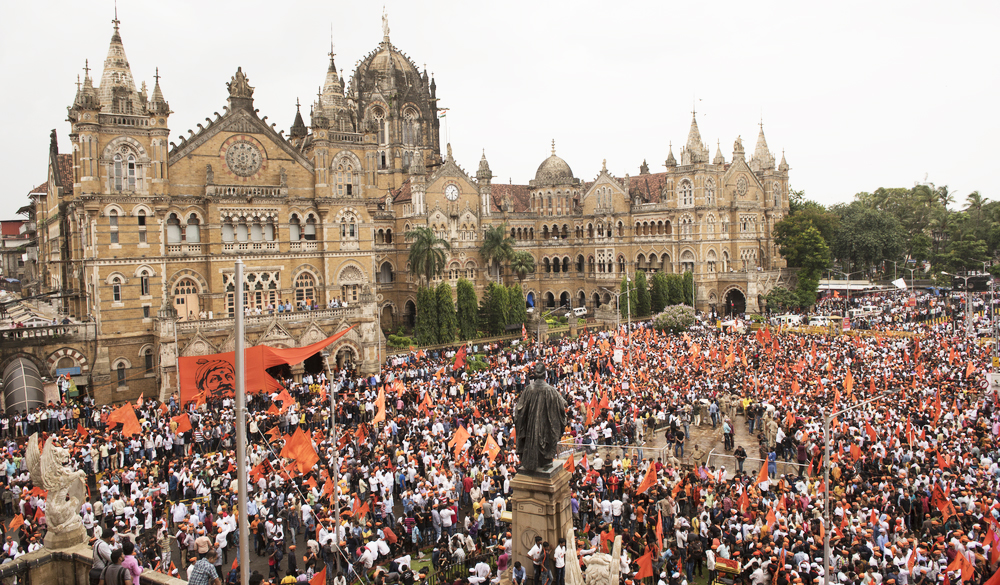The Centre is hopeful of steering through the Rajya Sabha the bill creating a 10 per cent quota for economically weaker sections (EWS) as several Opposition parties have experimented with such a reservation whenever they have been in power and would now find it difficult to oppose it.
Governments of the Congress at the Centre, and the CPM and the BSP in states have announced executive orders to introduce similar quotas in the past, which would make it tough for the parties to oppose the amendment bill on merit. This was flagged by Rajya Sabha leader Arun Jaitley at a meeting with Opposition leaders on Tuesday, sources said.
The CPM-led LDF government under veteran V.S. Achuthanandan had in 2008 announced a similar quota in Kerala government colleges. BSP leader Mayawati had written to the Centre as chief minister in 2011 asking for such a quota.
In 1991 then Prime Minister P.V. Narasimha Rao had issued an executive order to this effect. Moreover, the Congress had explored the possibility of introducing an EWS quota during its previous tenure and promised to continue the conversation in the party manifesto.
The bill is scheduled to be introduced and put up for consideration and passing in the Rajya Sabha on Wednesday in a repeat of what transpired in the Lok Sabha on Tuesday. The Opposition’s line of fire would, therefore, not be on questioning the letter of the bill but the spirit in which it has been brought in the twilight days of this Narendra Modi government.
The haste shown by the government will be highlighted. The bill was sent to the cabinet on the penultimate day of the winter session of the Lok Sabha and it was introduced in the House as supplementary business without it being circulated among the MPs for even the minimum preparation.
“The haste is a clear indication that this is an electoral ploy. Now the attempt is to whip up caste passions along with communal polarisation,” CPM general secretary Sitaram Yechury said at a news conference, bringing up the spectre of the “Mandal-kamandal” politics of the late 1980s and early 1990s.
Pointing out that the proposal for 10 per cent EWS quota within the unreserved categories was as old as the Mandal days, Yechury said the bill under consideration was full of contradictions.
“We are fighting for a monthly minimum wage of Rs 18,000 and here one of the criteria for EWS is family income less than Rs 8 lakh (a year)! Can someone who owns a 1,000sqft house in Delhi or Mumbai be considered in the EWS category? Will this reservation really benefit those truly deprived?” he asked.
Yechury also pointed out that a similar gambit had been attempted by former Prime Minister Atal Bihari Vajpayee in October 2003 just before the Assembly and Lok Sabha elections. In any case, Yechury added: “Where are the jobs?” He underlined the fact that job opportunities in the public sector had further dried up with increasing privatisation.
Asked if the CPM would vote for the bill given its doubts about the modalities, Yechury said floor strategy would be decided along with other Opposition parties, many of whom said the maximum they could do was defer passage to the next sitting of the House in February at the risk of letting the government accuse the Opposition of delaying a pro-poor action.












